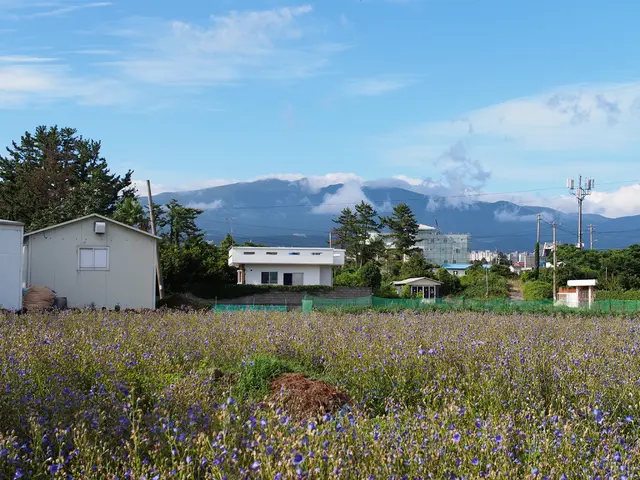Intermountain West Embarks on Ambitious Clean Energy Transition
The Intermountain West, home to 60 Native nations, is gearing up for a complex yet promising clean energy transition. This region, historically reliant on fossil fuels, is now exploring collaborative strategies to reduce emissions and embrace renewable sources.
The I-WEST initiative, focusing on Arizona, Colorado, Montana, New Mexico, Utah, and Wyoming, has outlined a roadmap for these states to achieve carbon neutrality. The journey is intricate, given the region's unique energy infrastructure needs and sovereign status of Native nations. Permitting laws vary among states, with Arizona and Montana prioritising environmental concerns. The federal government offers tax credits, grants, and loans to support this transition, bolstered by the Inflation Reduction Act of 2022. However, the region's deep-rooted dependence on fossil fuels and existing subsidies could pose challenges. Only Colorado has passed legislation to match its emissions-reduction goals, while three other states have announced plans. Collaboration, local engagement, and place-based policies are identified as key strategies. The National Renewable Energy Laboratory (NREL) has contributed to the I-WEST Phase One final report, highlighting the need to account for lost tax revenue from fossil fuel firms during the transition period.
The Intermountain West, with its diverse energy landscape and commitment to sustainability, is poised for a significant clean energy shift. Through strategic planning, collaboration, and supportive policies, the region aims to navigate this transition successfully, benefiting both its states and Native nations.








